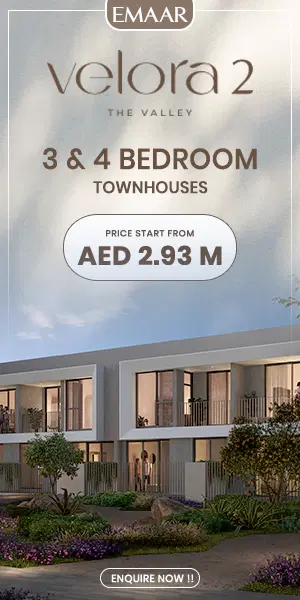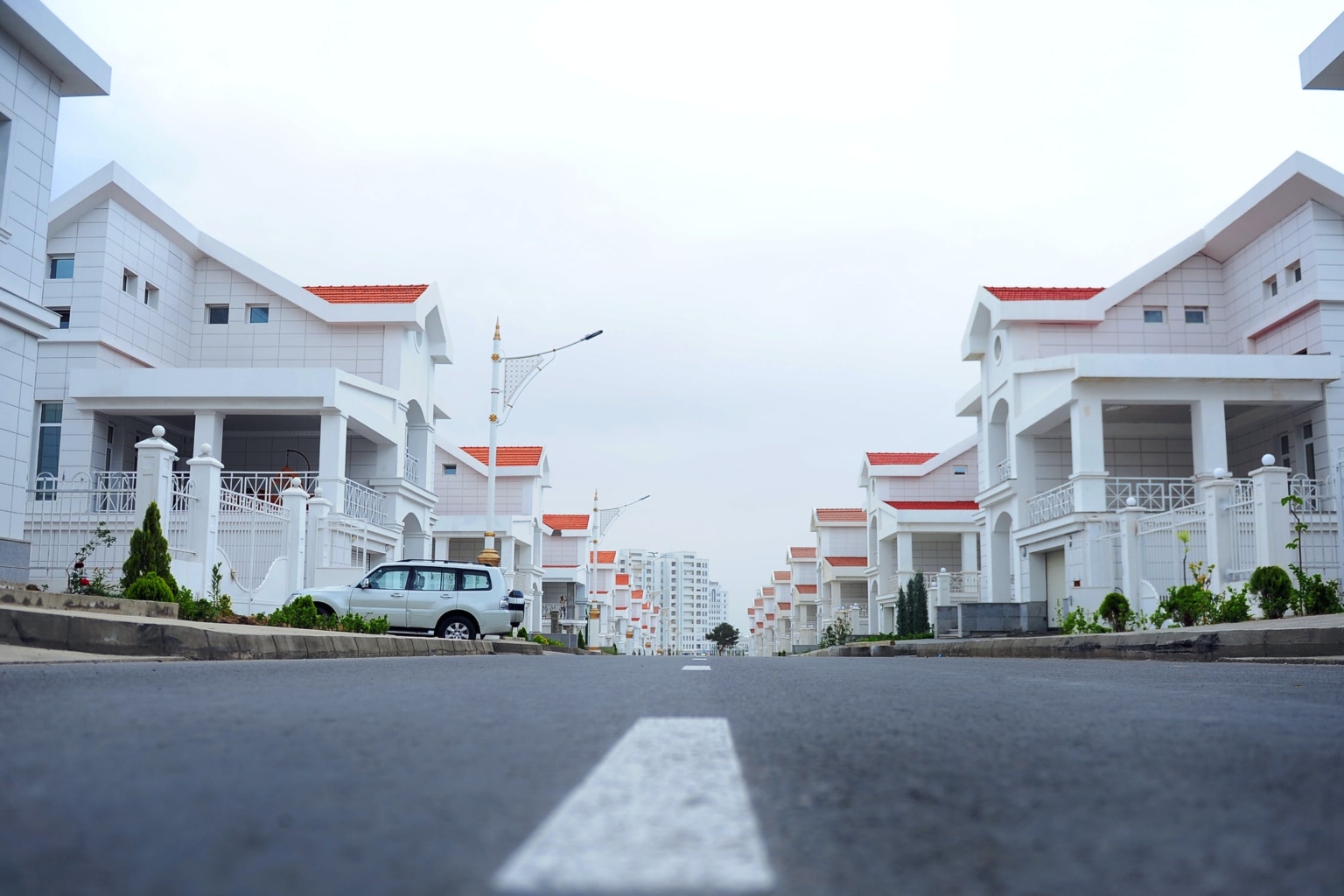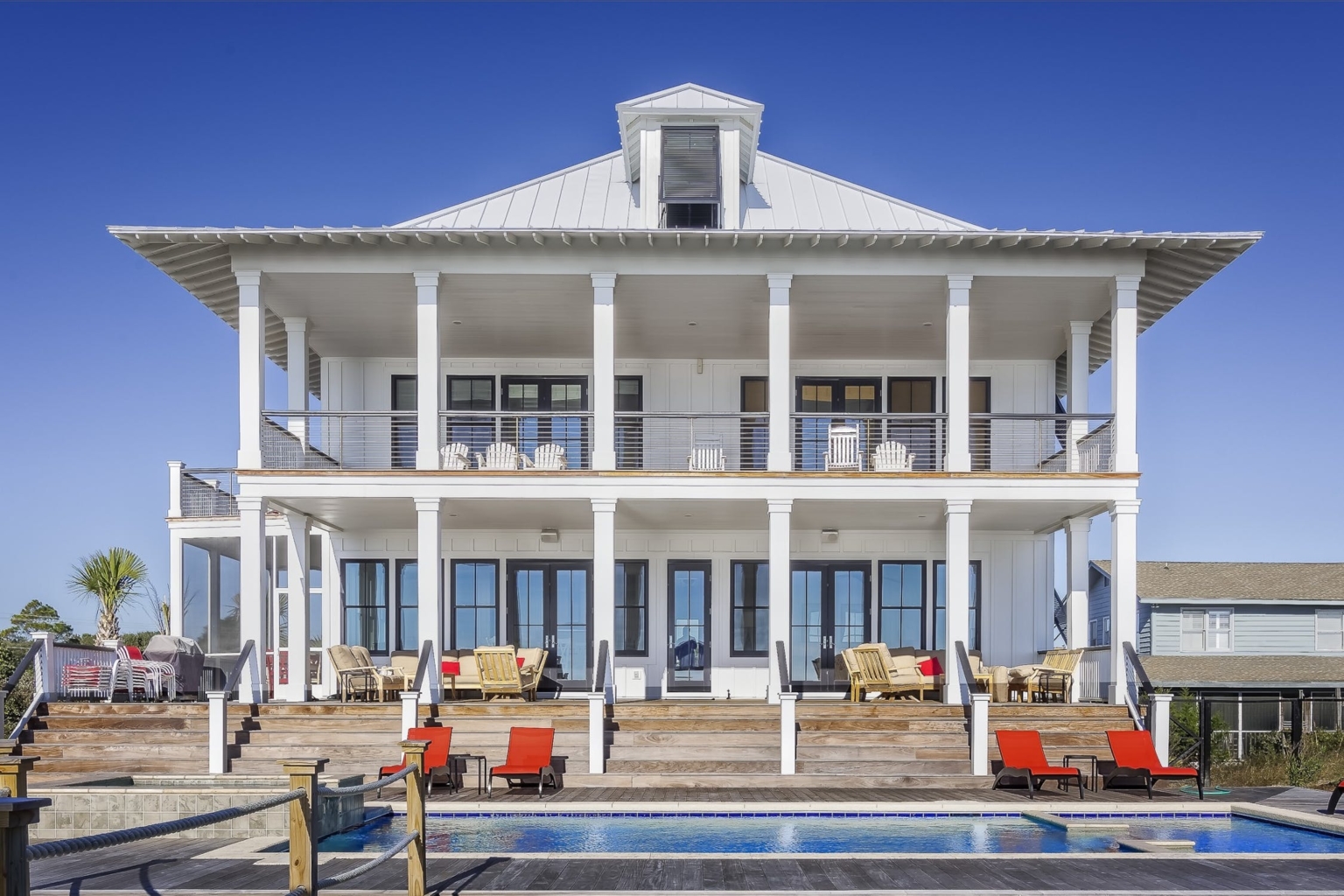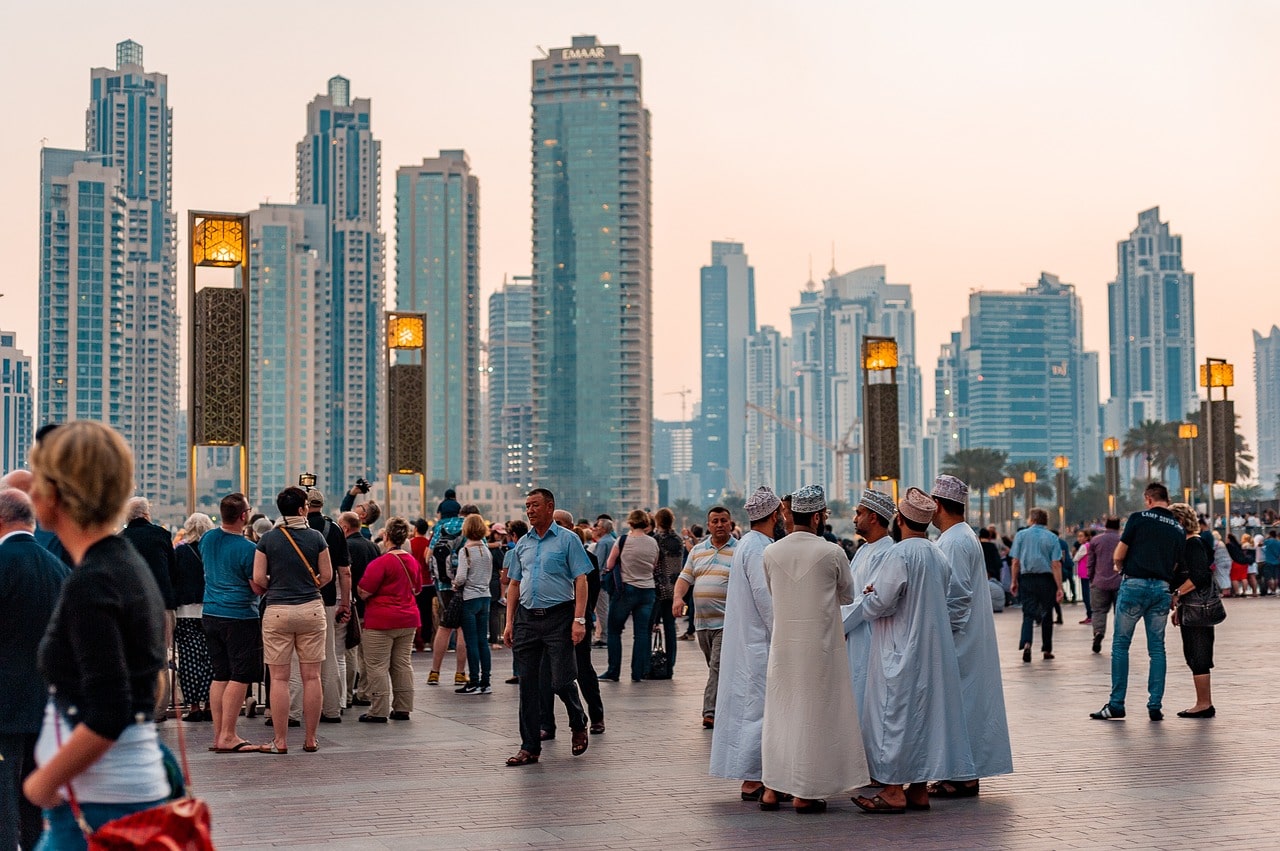Exploring Rent-to-Own Models in Dubai: A Smart Path to Property Ownership
Rent-to-own models in Dubai are the practical bridge between renting and full ownership. They offer a flexible path for aspiring homeowners to property ownership.
As of last year, Dubai recorded a staggering 180,987 real estate transactions—a 36.5% increase from the previous years—with residential sales prices rising 20% and rents climbing 19% year-on-year. Meanwhile, rental rates surged between 21.1% and 22.2%, with average apartment rents reaching AED 127,000 and villa rents at AED 353,000.
In such a rapidly appreciating and high-cost market, rent-to-own appeals particularly to first-time buyers, young professionals, and expatriates constrained by traditional mortgage criteria.
This guide will examine how rent-to-own fits into Dubai real estate, its key benefits and potential pitfalls, and strategic advice for buyers.
What Are Rent-to-Own Models in Dubai, and How Do They Work?
A rent-to-own scheme in Dubai property ownership allows a tenant to rent a property with the option—or sometimes obligation—to purchase it after a defined period, typically around 3 to 5 years.
It combines the flexibility of renting with a structured path toward ownership, making it attractive in an environment where down payments and mortgage approvals remain hurdles.
Here’s how a standard rent-to-own contract works,
Initial Agreement: Buyer and developer sign a lease agreement with a purchase clause.
Upfront Deposit: Typically ranges from 5% to 10% of the agreed property price.
Monthly Payments: Higher than regular rent; part goes toward eventual purchase.
Purchase Option: After the lease term, the tenant can purchase the property at a pre-agreed price.
Eligibility criteria generally include valid UAE residency, proof of stable income, and often no existing mortgage obligations. Several leading developers in Dubai, including DAMAC, Emaar, and Sobha Realty, now offer rent-to-own options.
This model supports gradual investment into ownership without the burden of a large upfront mortgage. It provides a more attainable route to secure long-term residency through property.
Why Are Rent-to-Own Property Options Becoming Popular Among Dubai Buyers?
Dubai's rising popularity of rent-to-own benefits is closely tied to a shifting real estate landscape. As of early 2025, Dubai’s property market has shown a significant uptick in rental prices—up 24% year-on-year for apartments and 18% for villas, according to CBRE Middle East.
With mortgage rates hovering between 5% and 6%, many prospective buyers face a bottleneck in securing home loans.
Rent-to-own options mitigate these issues by:
Allowing tenants to bypass stringent mortgage criteria.
Reducing the need for large down payments.
Offering fixed purchase prices, which protect buyers from future market fluctuations.
This model appeals to expats and younger residents, including professionals earning between AED 10,000 and AED 20,000 monthly, who may lack the credit history or collateral for a bank mortgage. It also offers peace of mind to families unsure about a long-term commitment to Dubai, providing an exit strategy should plans change.
Moreover, government initiatives such as Golden Visa programs tied to property ownership have created a strong incentive to pursue semi-permanent living arrangements through flexible property acquisition methods. In this context, rent-to-own bridges affordability with future investment.
As demand for such hybrid models increases, developers have started crafting more tenant-friendly contracts and ensuring better accessibility and less financial strain than traditional routes.
How Do Rent-to-Own Agreements Differ from Traditional Property Purchases in Dubai?
Unlike traditional rent-to-own agreements or outright purchases, the rent-to-own model offers a hybrid pathway that blends flexibility with long-term commitment.
Here’s how they differ;
Criteria | Traditional Purchase | Rent-to-Own Model |
Upfront Payment | 20–25% minimum deposit | 5–10% deposit |
Mortgage Requirement | Mandatory | Optional (at purchase point) |
Ownership Timeline | Immediate | Deferred (after lease term) |
Contract Type | Sale & Purchase Agreement | Lease-to-Own Agreement |
Financial Risk | Tied to loan approval & market | Tied to non-completion clauses |
For those evaluating property investment options, the rent-to-own route mitigates risk by allowing market observation before full commitment. However, contracts often include strict clauses: failure to execute the final purchase may lead to forfeiture of the deposit or pay equity.
Legal protections vary. Unlike a Sale and Purchase Agreement (SPA) governed by Dubai Land Department laws, rent-to-own leases may not always offer robust buyer protection. Tenants must ensure their agreements are registered with RERA and reviewed by a legal advisor.
Ultimately, rent-to-own models offer flexibility but have less legal cushioning than traditional purchases. Hence, careful contract scrutiny is essential.
What Are the Financial Benefits and Risks of Rent-to-Own Models in Dubai?
Rent-to-own schemes offer unique real estate financing advantages, particularly for those priced out of immediate ownership.
Key Benefits of Rent-to-Own Models
Buyers secure the purchase price at contract signing, shielding them from market inflation.
A portion of rent contributes to future ownership, acting as a gradual investment.
Mortgage approval is delayed, giving buyers time to build creditworthiness.
However, there are risks, especially in the volatile Dubai housing market.
The developer may retain deposits and equity portions if the tenant fails to purchase.
If the market cools, buyers may be locked into an overvalued property.
For foreign investors, exchange rates can affect the overall cost.
Incomplete or unregistered contracts may limit legal recourse.
Rent-to-own can be used as a pre-handover strategy in off-plan property Dubai. Developers may offer extended post-handover payment plans under rent-to-own schemes, though these involve project completion risk.
Therefore, buyers must conduct due diligence, including:
Consulting financial advisors.
Verifying developer credibility.
Registering contracts with Dubai’s Real Estate Regulatory Agency (RERA).
How Can Buyers Evaluate and Choose the Best Rent-to-Own Properties in Dubai?
Choosing the right rent-to-own property requires more than assessing price and size. Understanding flexible paymentplans, location, legal compliance, and developer history is critical.
Here’s what to evaluate,
Key Criteria for Buyers
Location: Proximity to Metro, schools, and business hubs enhances long-term value.
Developer Reputation: Check past project delivery timelines and post-sale service quality.
Contract Transparency: Ensure the purchase price, rent contribution, and duration clarity.
Exit Clauses: Understand what happens if either party defaults or wishes to terminate early.
Due Diligence Tips
Ask for proof of contract from RERA registration.
Hire a real estate lawyer to review all clauses.
Compare rent-to-own deals with mortgage-backed purchases to assess long-term viability
Working with licensed real estate professionals can simplify this process. They can provide insights into market trends, developer track records, and hidden costs that may impact decision-making.
What Challenges Should Buyers Expect in Rent-to-Own Property Deals in Dubai?
Despite their appeal, rent-to-own models are challenging, especially compared to other property purchase alternatives. The most common issues buyers face include:
Ambiguous Contract Terms
One of the most common pitfalls is unclear language within contracts. Buyers may find themselves vulnerable to disputes or unexpected liabilities without clearly defined terms regarding equity contributions, payment schedules, or purchase timelines.
Delayed Ownership Transfer
In some cases—especially with off-plan developments—ownership transfer may be delayed due to construction setbacks or developer mismanagement. This can result in extended leasing periods with no clear path to final purchase.
Limited Legal Recourse
Rent-to-own contracts in Dubai are not always governed by standardized legislation. If a contract is not registered with the appropriate authorities, legal enforcement becomes challenging in the event of a dispute.
Market Risk Exposure
Property values can fluctuate significantly over the span of a rent-to-own agreement. Buyers risk overpaying if the market declines or missing out on gains if prices surge beyond the pre-agreed purchase rate.
How to Mitigate Risks
Always demand RERA-backed documentation.
Request an independent valuation of the property.
Involve a lawyer before signing anything.
Communicate all queries and objections in writing for documentation purposes.
Rent-to-own is viable, but only for those prepared to navigate its complexities with care and professional support.
Wrapping Up: What Should You Know About Rent-to-Own Models in Dubai Before Investing?
Rent-to-own schemes in Dubai offer a dynamic route toward property acquisition, particularly for buyers with limited capital, irregular income, or those new to Dubai real estate. The model provides flexibility, gradual equity building, and protection from market inflation.
However, buyers must remain vigilant. The legal framework is still maturing, and risks around contract clarity, financing eligibility, and developer performance persist. It is crucial to:
Conduct thorough financial planning.
Read all clauses with legal assistance.
Compare rent-to-own against traditional options before committing.
Dubai’s evolving property market allows innovative ownership models, but success depends on informed decisions. For anyone considering a rent-to-own path, the journey must begin not with a signature but with scrutiny.
Feature Properties
You Might Also Like
Stay in the loop Through our newsletter
Get to know about the latest real estate insights.
Popular Searches
Off Plan Projects
Popular Areas
About Us
Popular Searches
Off Plan Projects
Popular Areas
Next Level © 2026 All Right Reserved









